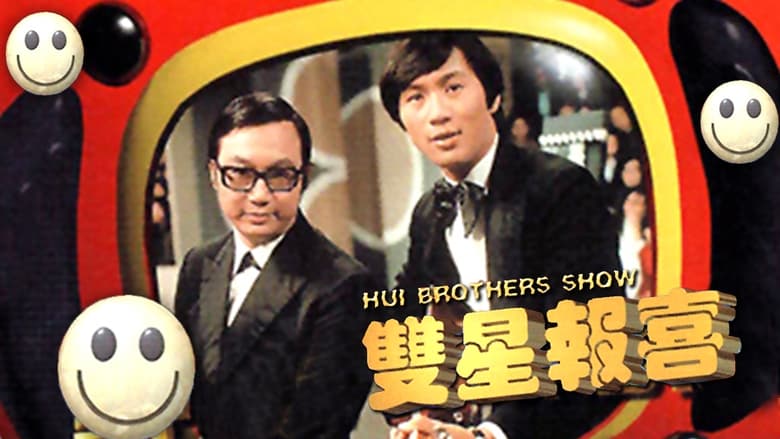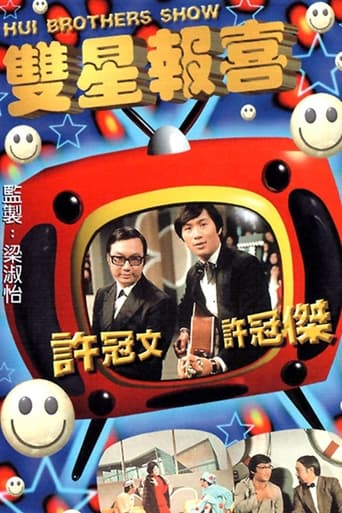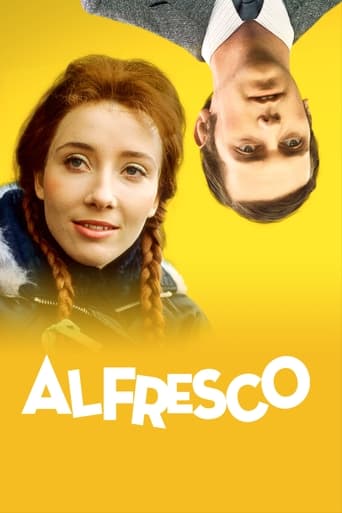Trailer
Synopsis
The Hui Brothers Show is a Hong Kong sketch comedy television series produced by TVB and hosted by and starring brothers Michael Hui and Samuel Hui that ran for 52 episodes from 1971 to 1973.
Episode 26 : Episode 26
October. 15,1971
Episode 25 : Episode 25
October. 08,1971
Episode 24 : Episode 24
October. 01,1971
Episode 23 : Episode 23
September. 24,1971
Episode 22 : Episode 22
September. 17,1971
Episode 21 : Episode 21
September. 10,1971
Episode 20 : Episode 20
September. 03,1971
Episode 19 : Episode 19
August. 27,1971
Episode 18 : Episode 18
August. 20,1971
Episode 17 : Episode 17
August. 13,1971
Episode 16 : Episode 16
August. 06,1971
Episode 15 : Episode 15
July. 30,1971
Episode 14 : Episode 14
July. 23,1971
Episode 13 : Episode 13
July. 16,1971
Episode 12 : Episode 12
July. 09,1971
Episode 11 : Episode 11
July. 02,1971
Episode 10 : Episode 10
June. 25,1971
Episode 9 : Episode 9
June. 18,1971
Episode 8 : Episode 8
June. 11,1971
Episode 7 : Episode 7
June. 04,1971
Episode 6 : Episode 6
May. 28,1971
Episode 5 : Episode 5
May. 21,1971
Episode 4 : Episode 4
May. 14,1971
Episode 3 : Episode 3
May. 07,1971
Episode 2 : Episode 2
April. 30,1971
Episode 1 : Episode 1
April. 23,1971
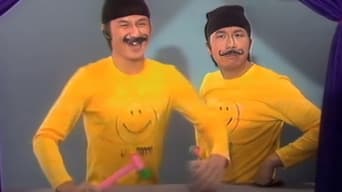
Seasons

Season 2
The second season premiered on 14 April 1972. This season took inspiration from the American sketch comedy show, Laugh-In, featuring sitcom and Hong Kong English pop music sung by Samuel Hui. This season featured Samuel's famed Cantonese song, Tit Taap Ling Wan (鐵塔凌雲, literally translated as Steel Tower rise above the clouds), which featured lyrics written by Michael. Season 2 ended 6 October of the same year with a total of 26 episodes.
Similar titles
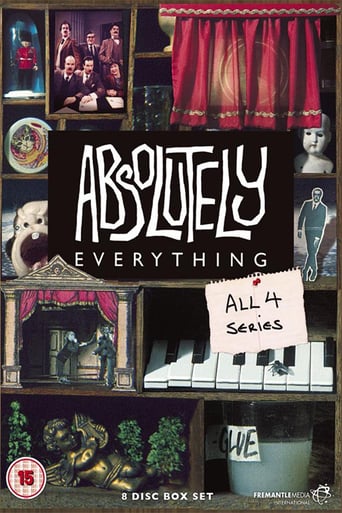
Absolutely
Absolutely is a popular UK television comedy sketch show shown on Channel 4 between 1989 and 1993.
The cast and crew were mainly Scottish; the principal writers and performers were Moray Hunter, Jack Docherty, Peter Baikie, Gordon Kennedy, Morwenna Banks and John Sparkes. It was directed by Phil Chilvers, Alan Nixon, Alistair Clark, and Graham C Williams. The show's producers were Alan Nixon, and David Tyler
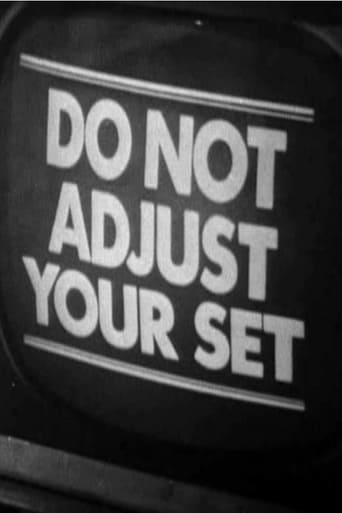
Britbox
Do Not Adjust Your Set
Do not adjust your set! is a television series produced originally by Rediffusion, London, then, by the fledgling Thames Television for British commercial television channel ITV from 26 December 1967 to 14 May 1969. The show took its name from the message which was displayed when there was a problem with transmission.
It included early appearances of many actors and comedians who later became famous, such as Denise Coffey and David Jason. Eric Idle, Terry Jones, and Michael Palin later became members of the hugely successful Monty Python comedy troupe. Although, originally conceived as a children's programme, it quickly acquired a cult crossover following amongst many adults, including future Pythons John Cleese and Graham Chapman.
The Bonzo Dog Doo-Dah Band performed a song in each programme and Bob Kerr's Whoopee Band also appeared. The musicians frequently appeared as extras in sketches. The programme comprised a series of sketches, often bizarre and surreal, frequently satirical with a disjointed style which was to become more famous in the more daring Monty Python's Flying Circus, which followed five months later. At least one DNAYS sketch was re-used in Monty Python. Strange animations between sketches were crafted in the final episodes by the then-unknown Terry Gilliam, who also graduated to Python – part of his "Christmas cards" animation reappeared there in the "Joy to the World" segment.
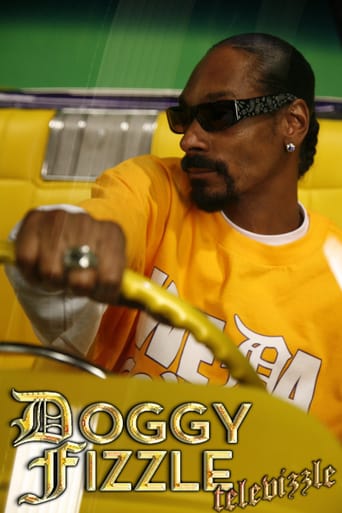
Doggy Fizzle Televizzle
Doggy Fizzle Televizzle is a sketch comedy show that was produced by, and starred, the rap musician Snoop Dogg. It was aired on MTV in 2002 until 2003.
Snoop Dogg stated that according to the contract, the show was to air six times, but it turned out to be a series of eight parts. The second season was canceled due to payment negotiation issues, since Snoop Dogg asked for $1 million for his role, which MTV refused to pay him.
In the beginning of every show Snoop is seen sitting bored in a leather armchair in an empty room while switching channels from Jerry Springer to a cart race then to black and white burlesque figure skating after that to a strip show and finally to a Richard Marx music video when he decides to change the situation and the idea of Doggy Fizzle Televizzle comes to his mind. This ends the intro and the main theme follows with Snoop rapping.
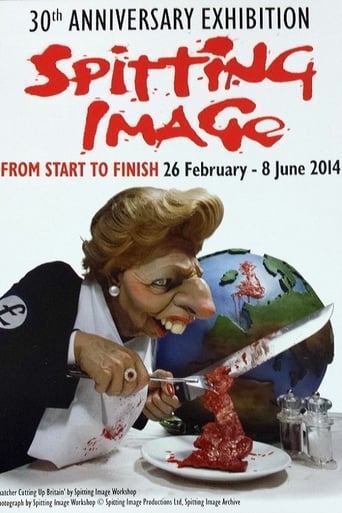
Britbox
Spitting Image
Spitting Image is an award winning British satirical puppet show, created by Peter Fluck, Roger Law and Martin Lambie-Nairn. The series was produced by Spitting Image Productions for Central Independent Television over 18 series which aired on the ITV from 1984 to 1996. The series was nominated and won numerous awards during its run including 10 BAFTA Awards, including one for editing in 1989, and even won two Emmy Awards in 1985 and 1986 in the Popular Arts Category.
The series featured puppet caricatures of celebrities famous during the 1980s and 1990s, including British Prime Minister Margaret Thatcher and fellow Tory politicians, American president Ronald Reagan, and the British Royal Family. The Series was the first to caricature the Queen mother.
The series was axed in 1996, after viewing figures declined. ITV had plans for a new series in 2006, but these were scrapped after a dispute over Ant & Dec puppets used to host the reviews "Best Ever Spitting Image", which were created against Roger Law's wishes.
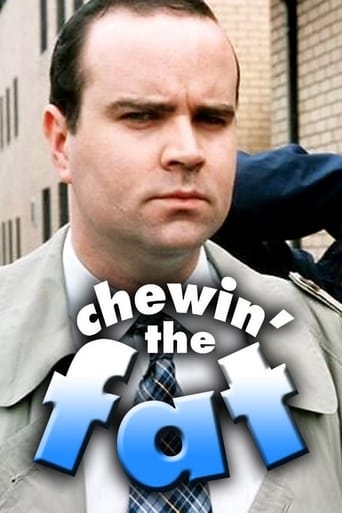
Chewin' the Fat
Chewin' the Fat is a Scottish comedy sketch show, starring Ford Kiernan, Greg Hemphill and Karen Dunbar. Comedians Paul Riley and Mark Cox also appeared regularly on the show.
Chewin' the Fat first started as a radio series on BBC Radio Scotland. The later television show, which ran for four series, was first broadcast on BBC One Scotland, but series three and four, as well as highlights from the first two series, were later broadcast to the rest of the United Kingdom. Although the last series ended in February 2002, 6 Hogmanay specials were broadcast and offered on DVD when purchasing the Scottish Sun between 2000 to 2005, one every year.
Chewin' the Fat gave rise to the spin-off show Still Game, a sitcom focusing on the two old male characters Jack and Victor.
The series was mostly filmed in and around Glasgow and occasionally West Dunbartonshire.
The English idiom to chew the fat means to chat casually, but thoroughly, about subjects of mutual interest.
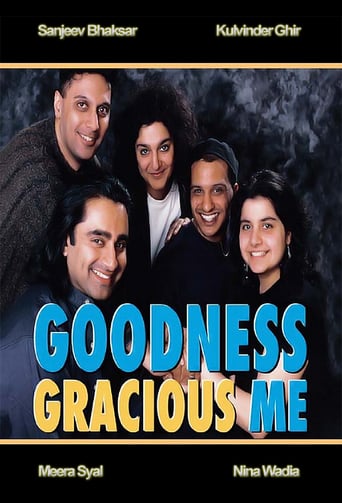
Goodness Gracious Me
Goodness Gracious Me is a BBC English language sketch comedy show originally aired on BBC Radio 4 from 1996 to 1998 and later televised on BBC Two from 1998 to 2001. The ensemble cast were four British Indian actors, Sanjeev Bhaskar, Kulvinder Ghir, Meera Syal and Nina Wadia. The show explored the conflict and integration between traditional Indian culture and modern British life. Some sketches reversed the roles to view the British from an Indian perspective, and others poked fun at Indian stereotypes. In the television series most of the white characters were played by Dave Lamb and Fiona Allen; in the radio series those parts were played by the cast themselves.
The show's title and theme tune is a bhangra rearrangement of a hit comedy song of the same name. The original was performed by Peter Sellers and Sophia Loren reprising their characters from the 1960 film The Millionairess. The show's original working title was "Peter Sellers is Dead", but was changed because the cast generally liked Peter Sellers. In her 1996 novel Anita and Me, Syal had referred to British parodies of Asian speech as "a goodness-gracious-me accent".
One of the more famous sketches featured the cast "going out for an English" after a few lassis. They mispronounce the waiter's name, order the blandest thing on the menu and ask for twenty-four plates of chips. The sketch parodies often-drunk English people "going out for an Indian", ordering chicken phall and too many papadums. This sketch was voted the 6th Greatest Comedy Sketch on a Channel 4 list show.
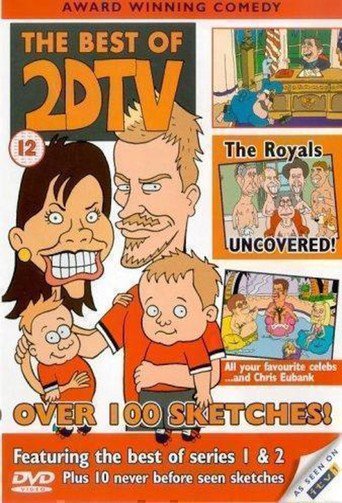
2DTV
2DTV is a British satirical animated television show that was broadcast on ITV in the United Kingdom from March 2001 to December 2004. Lasting a total of five series and thirty-three episodes, 2DTV became the successor of popular 80's TV series Spitting Image, and the predecessor of 2008 ITV satirical animation Headcases.
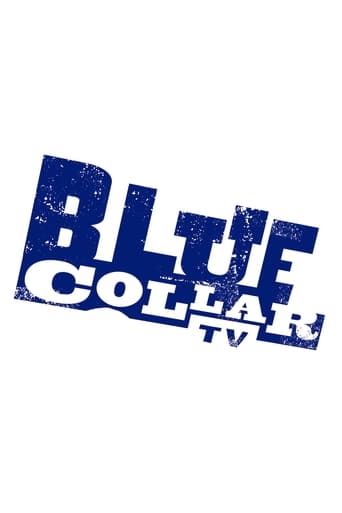
Blue Collar TV
Blue Collar TV is a television program that aired on The WB Television Network with lead actors Jeff Foxworthy, Bill Engvall and Larry the Cable Guy. The show's humor dealt principally with contemporary American society, and especially hillbilly, redneck, and Southern stereotypes. The show was greenlighted on the heels of the success of the Blue Collar Comedy Tour, which the series' three lead actors toured with in the early-mid-2000s. It was created by Fax Bahr and Adam Small, in addition to J.P. Williams and Jeff Foxworthy. Blue collar is a US phrase used to describe manual laborers, as opposed to white collar for office or professional workers.
Fellow Blue Collar Comedy Tour costar Ron White declined to star on Blue Collar TV due to a fear of being typecast as "blue collar." However, he guest-starred on many episodes of the show. On his 2006 comedy album, You Can't Fix Stupid, White jokingly cited his own lack of work ethic as a reason for not participating more on the show.
Unlike most sketch comedy programs, each episode of Blue Collar TV was generally centered around a theme, which Foxworthy revealed at the start of each episode. Themes included "Food", "Kids", and "Stupidity", among others, with Foxworthy generally performing a short comedic monologue based on the theme. Most sketches in each episode featured at least one of the three Blue Collar Comedy Tour veterans in an acting role, but the second season saw more sketches featuring the 6 other cast members exclusively.
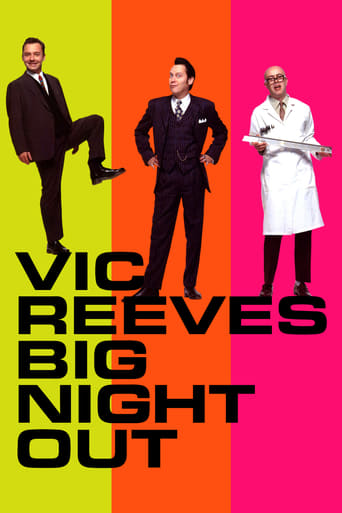
Vic Reeves Big Night Out
Vic Reeves Big Night Out is a British cult comedy stage show and later TV series which ran on Channel 4 for two series in 1990 and 1991, as well as a New Year special. It marked the beginnings of the collaboration between Vic Reeves and Bob Mortimer and started their Vic and Bob comedy double act.
The show was later acknowledged as a seminal force in British comedy throughout the 1990s and which continues to the present day.
Arguably the most surreal of the pair's work, Vic Reeves Big Night Out was effectively a parody of the variety shows which dominated the early years of television, but which were, by the early 1990s, falling from grace. Vic, introduced by Patrick Allen as "Britain's Top Light Entertainer and Singer", would sit behind a cluttered desk talking nonsense and introducing the various segments and surreal guests on the show. Vic Reeves Big Night Out is notable as the only time in their career where Vic solely took the role of host, while Bob was consigned to the back stage, appearing every few minutes as either himself or as a strange character. The two received equal billing in the series credits.
On 3 October 2007, the first episode was re-broadcast on More4 as part of Channel 4 at 25, a season of classic Channel 4 programmes shown to celebrate the channel's 25th birthday.
Related
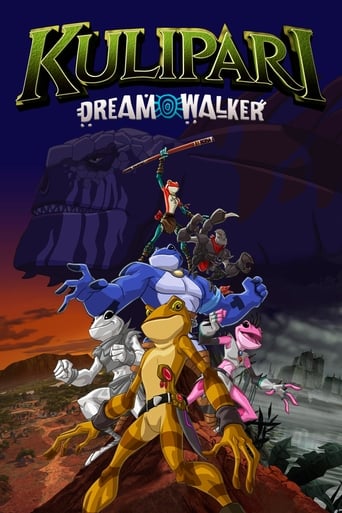
HULU
Kulipari: Dream Walker
Now the Blue Sky King, Darel must lead a rescue mission to save a Dream Walker -- leaving the village under the protection of the Kulipari youth.
Top Streaming TV Show
#1
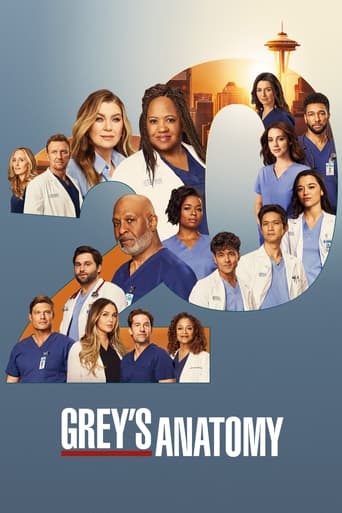
Grey's Anatomy
March. 27,2005
7.6
#2
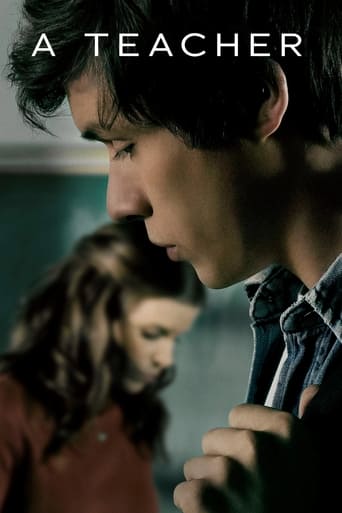
A Teacher
November. 10,2020
6.9
#3
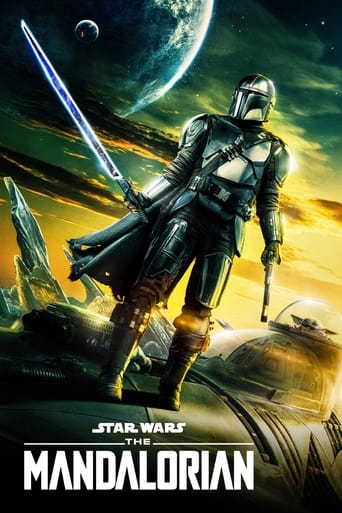
The Mandalorian
November. 12,2019
8.6
#4
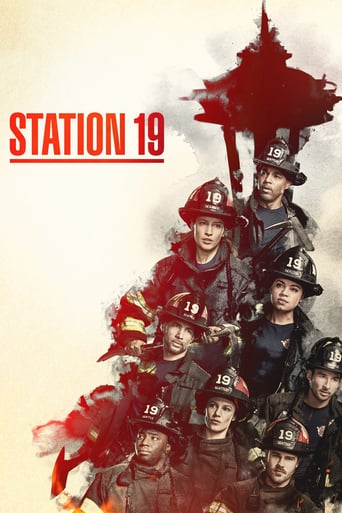
Station 19
March. 22,2018
7
#5

Game of Thrones
April. 17,2011
9.2
#6
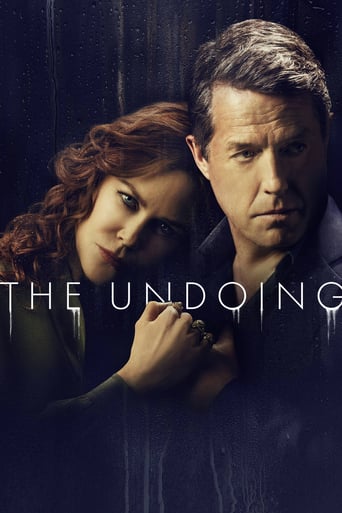
The Undoing
October. 25,2020
7.4
#7
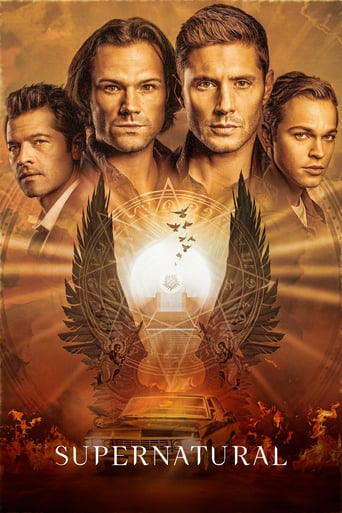
Supernatural
September. 13,2005
8.4
#8
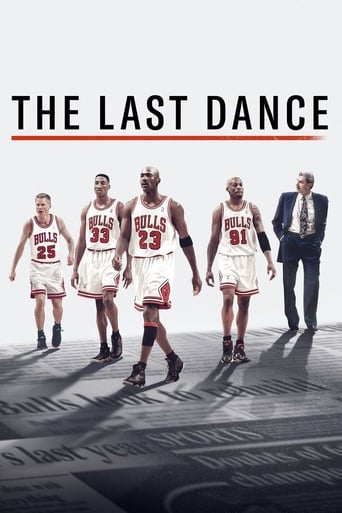
The Last Dance
April. 19,2020
9.1
#9
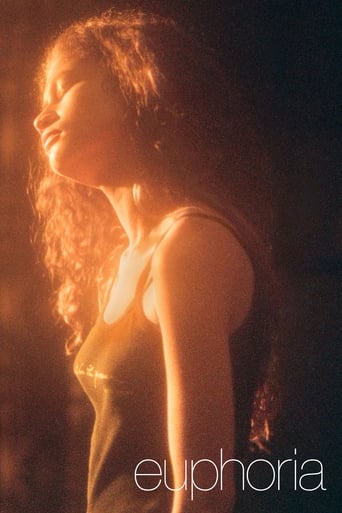
Euphoria
June. 16,2019
8.3
#10
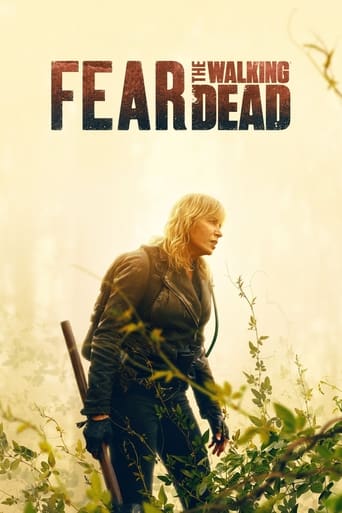
Fear the Walking Dead
August. 23,2015
6.8

